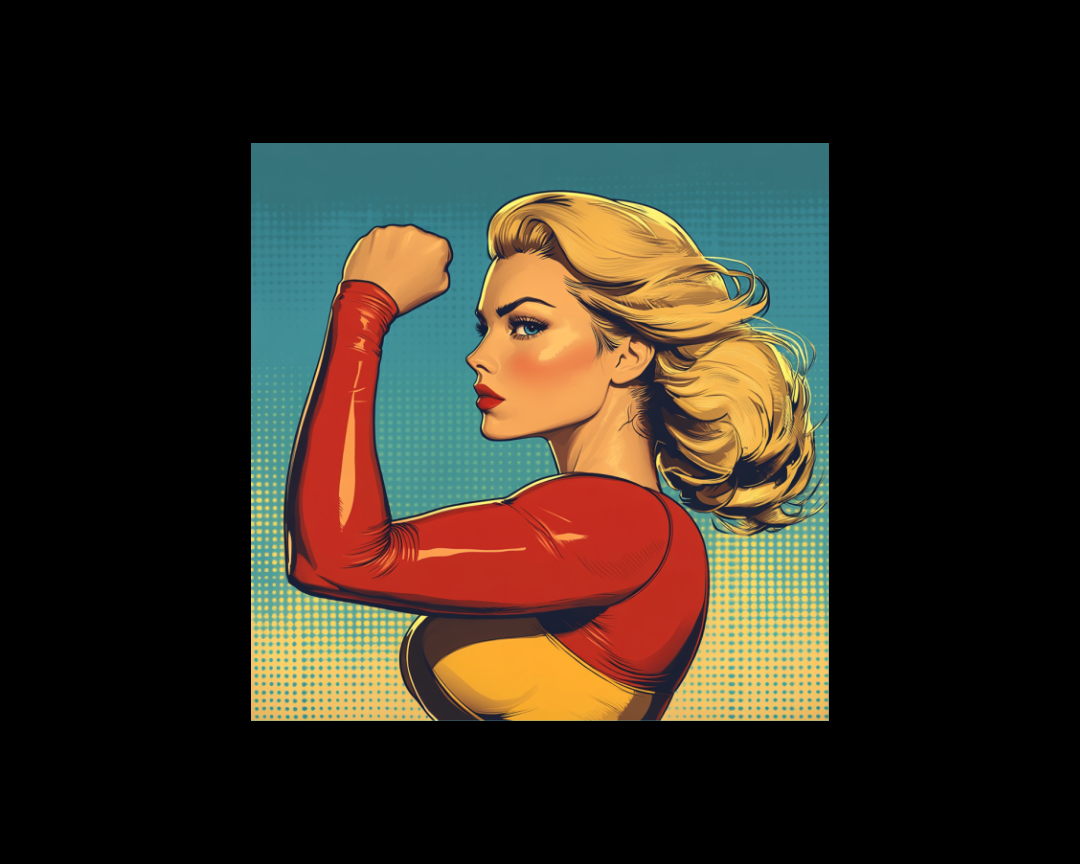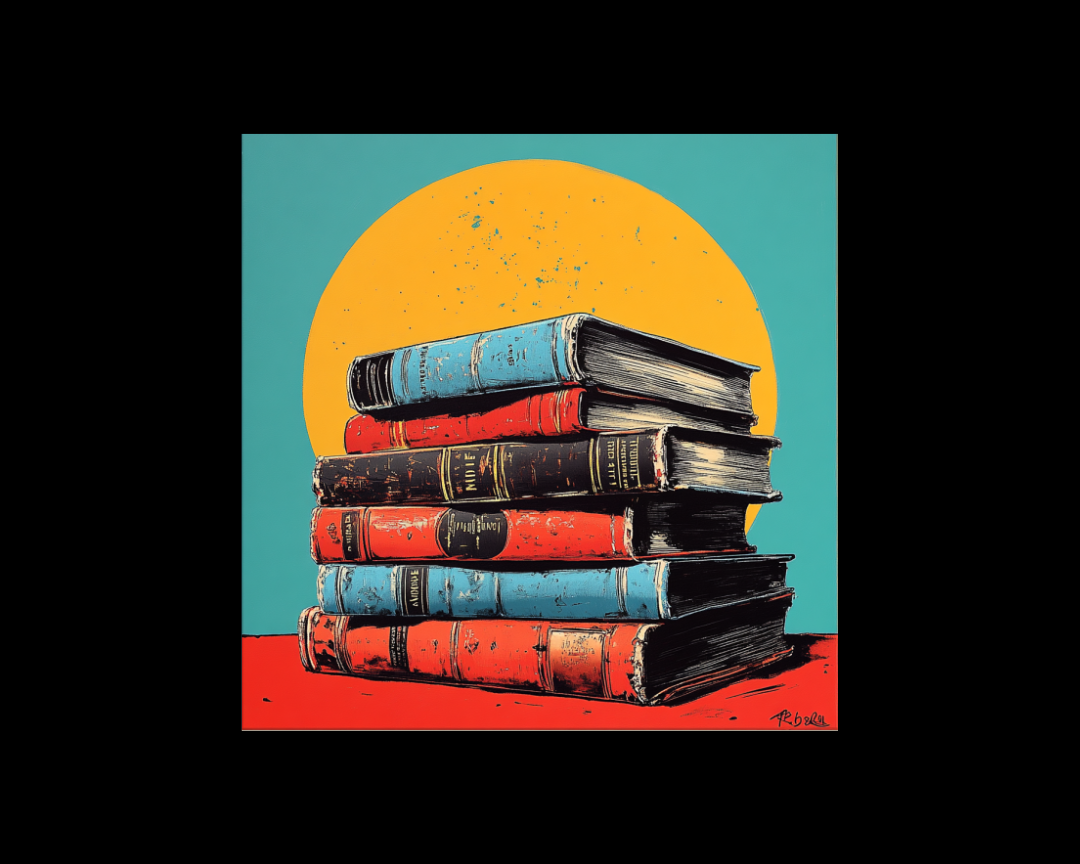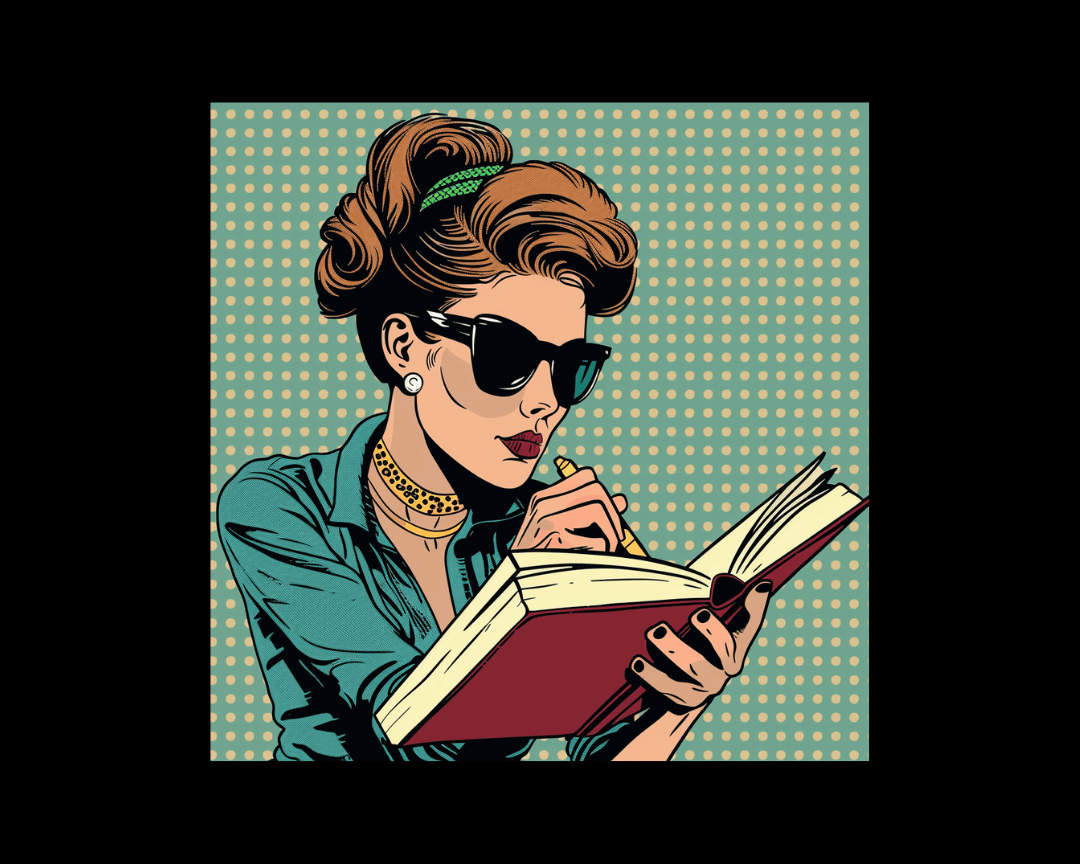A Guide to Slang (When to Use it, Etc.)
Slang is a linguistic chameleon, constantly evolving and adapting to the cultural landscape. It's the rebellious cousin of formal language, often...
3 min read
 Writing Team
:
Sep 20, 2024 12:40:08 PM
Writing Team
:
Sep 20, 2024 12:40:08 PM

Words have the power to shape realities, evoke emotions, and transport us to worlds beyond our imagination. In this article, we'll explore a selection of powerful words, each illustrated by an example from bizarre or fantastical literature. These examples will demonstrate how skilled authors use potent vocabulary to create vivid, unforgettable scenes and concepts.
Definition: Extremely delicate and light in a way that seems not to be of this world.
Example from "The Neverending Story" by Michael Ende: "Atreyu stood before the Sphinx Gate, its ethereal glow pulsating with ancient wisdom. The translucent figures seemed to float in mid-air, their forms shifting and swirling like smoke caught in a dream."
Definition: Complicated, tortuous; resembling a labyrinth in form or complexity.
Example from "House of Leaves" by Mark Z. Danielewski: "The house's labyrinthine corridors stretched before them, defying the laws of physics. Walls shifted, stairs inverted, and doorways led to impossible spaces, trapping the explorers in an ever-changing maze of architectural madness."
Definition: Having a fantastic or deceptive appearance, as something in a dream or created by the imagination.
Example from "The Illuminatus! Trilogy" by Robert Shea and Robert Anton Wilson: "The festival erupted into a phantasmagorical spectacle as reality itself seemed to warp. Neon dragons soared overhead, while fractal patterns bloomed across the sky, and revelers transformed into kaleidoscopic beings of pure energy."
Definition: Resembling or relating to twilight; dim; indistinct.
Example from "Perdido Street Station" by China Miéville: "In the crepuscular gloom of New Crobuzon, the hybrid creatures stirred. Half-machine, half-organic abominations crawled from their lairs, their eyes glowing with an unholy light as they prepared for the nightly hunt."
Definition: Weird, sinister, or ghostly.
Example from "The Call of Cthulhu" by H.P. Lovecraft: "From the depths of R'lyeh, eldritch abominations stirred in their aeons-long slumber. Their very existence defied comprehension, their forms a blasphemy against nature itself."
Definition: Too great or extreme to be expressed or described in words.
Example from "Good Omens" by Terry Pratchett and Neil Gaiman: "Aziraphale and Crowley stood at the edge of creation, witnessing the ineffable plan unfold. The cosmos swirled around them in patterns too complex for mortal minds to grasp, each galaxy a brushstroke in a canvas of infinite possibility."
Definition: Concerning, belonging to, or inhabiting the underworld.
Example from "American Gods" by Neil Gaiman: "Shadow descended into the chthonic realm, where forgotten deities and primordial forces dwelled. The air thrummed with ancient power, and the very rocks seemed to whisper secrets older than time itself."
Definition: Relating to dreams or dreaming.
Example from "The Lathe of Heaven" by Ursula K. Le Guin: "As George Orr slipped into another oneiric state, the fabric of reality trembled. His dreams, potent and uncontrolled, reshaped the world with each passing thought, blurring the lines between imagination and actuality."
Definition: Relating to deep inward feelings rather than to the intellect.
Example from "Naked Lunch" by William S. Burroughs: "The junky's withdrawal was a visceral nightmare, his body a battleground of conflicting sensations. Every nerve ending screamed for relief, while grotesque hallucinations danced at the edges of his consciousness."
Definition: Lasting for a very short time.
Example from "The Ocean at the End of the Lane" by Neil Gaiman: "The magical barrier shimmered, ephemeral and gossamer-thin. For a moment, it held back the encroaching darkness, a fragile veil between two worlds that existed for the blink of an eye before dissolving into nothingness."
Definition: In the form of a cloud or haze; hazy, vague, indistinct, or confused.
Example from "Annihilation" by Jeff VanderMeer: "The biologist peered into the nebulous expanse of Area X. Reality seemed to warp and twist, the very air thick with spores that carried whispers of mutation and transformation."
Definition: Existing at or from the beginning of time; primeval.
Example from "The Silmarillion" by J.R.R. Tolkien: "In the primordial darkness before the shaping of Arda, the Ainur sang their great music. From this cosmic symphony, the seeds of all creation were sown, setting in motion the grand tapestry of existence."
These powerful words, when wielded by skilled authors, have the ability to transport readers to realms beyond imagination. They paint vivid pictures, evoke strong emotions, and capture concepts that often defy easy description. By studying how these words are used in bizarre and fantastical literature, we can gain a deeper appreciation for the power of language and its ability to create entire worlds with just a few carefully chosen syllables.
Whether you're a writer looking to enhance your prose, a reader seeking to deepen your appreciation of literary craft, or simply a lover of language, these powerful words offer a gateway to new realms of expression and understanding. They remind us that in the world of words, as in the best fantastical literature, the only limit is our imagination.

Slang is a linguistic chameleon, constantly evolving and adapting to the cultural landscape. It's the rebellious cousin of formal language, often...

You've come to the right place if you're itching to dive into the exciting world of beta reading and help shape the next generation of bestsellers....
.png)
In the realm of human cognition, few concepts are as intriguing and controversial as mind control. While often associated with science fiction or...